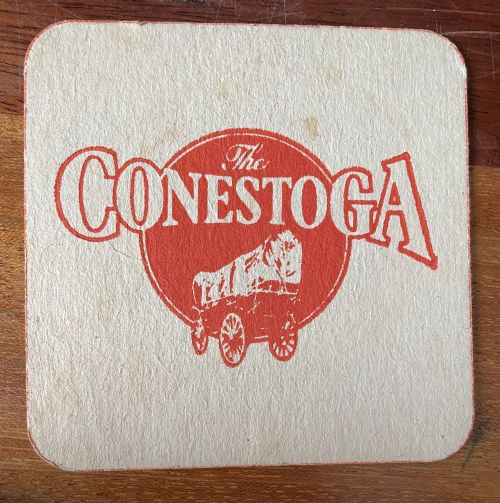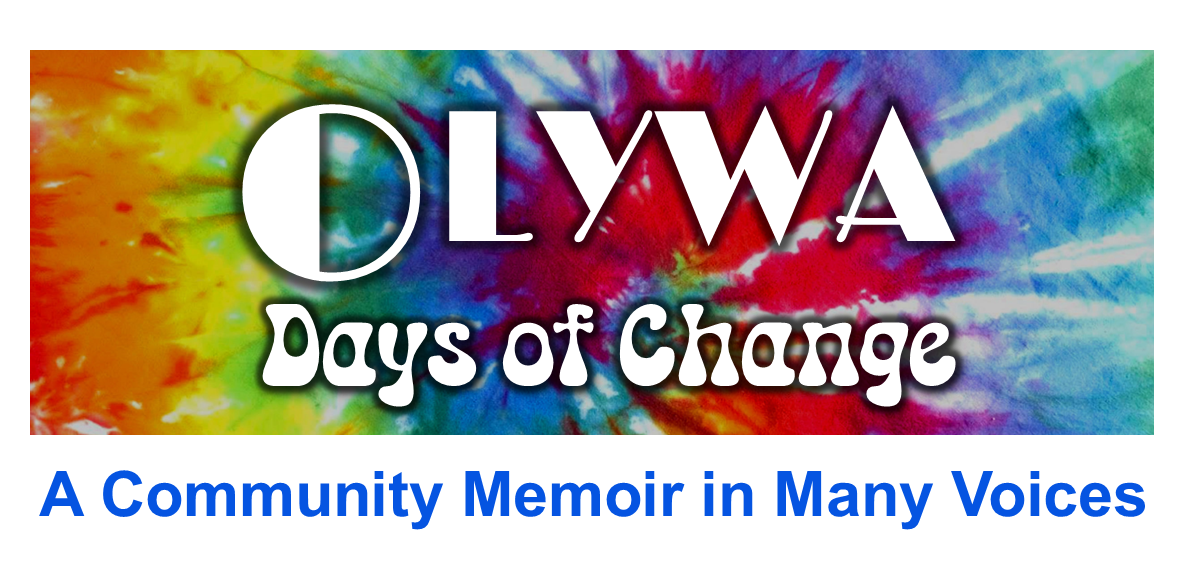ACTIVISM
Taking Down the Conestoga As I Remember It
By Don Orr Martin
This account uses fictionalized names.
A new dance club had just opened in our small town in 1979. We had nothing like it within sixty miles. Sure, we had dance venues—a big, historic performance hall off the old highway that had booked top bands for decades, and a few funky taverns that had tiny, delineated dance squares and country-western jukeboxes. But this promised to be more sophisticated, and it was downtown.

The venue was the top floor of a newly constructed office building. A hard liquor bar, small-plates menu, a decent-sized dance floor, a hip deejay, and the possibility of live bands on weekends. It was called the Conestoga—an odd name, I thought, that hinted at a cowboy theme or somehow played into the pioneer image of us being the first town in the territory. Nevertheless, the gay community was intrigued. Matt and I were good friends with a group of lesbians. The women published a monthly feminist magazine. We all worked together at a collectively-run print shop. About a week after the new dance club opened, a bunch of us decided to go check it out one evening after work.
It felt cavernous. We were surprised at how empty it was. Sure, it was still early in the evening, but they rolled up the sidewalks in our town at about eight p.m. Maybe they hadn’t promoted their official opening yet. Matt and I sat together at a small table. The five women in our group took a couple of other tables nearby. We ordered drinks and looked around. The décor was inviting, not fancy, and at least there were no wagon wheels or straw bales. Low lights, a disco ball. You could still smoke in public places back then and the air was hazy.
Only one couple was dancing, a man and woman in their late twenties, neither had good dance moves. Eventually there were more couples on the floor, so Matt and I decided to take a turn. We danced a couple of numbers and sat down. Sarah and Becky went next. The straight couples started giving us dirty looks. Then the deejay played Patti LaBelle and we all got up for that, dancing exuberantly. When we sat back down, the waitress came over and told us we’d been cut off—no more drinks.
“Why?” we asked.
“The manager just told me to cut you off,” she said. We asked for the manager. He came over and told us he would appreciate it if we would leave. We weren’t the clientele he wanted. The Conestoga was not going to turn into a gay bar.
As you can imagine with a group of long-time queer activists, this did not sit well, but we left and went directly to a local tavern to plot our strategy. We gathered a larger group and went back the next night only to be informed that the Conestoga now had a dress code. Men were required to wear ties and sport coats, women had to wear dresses. We huddled down on the street and decided to return in a half hour in the required garb.
Matt and I and two other male friends had extensive wardrobes. No problem. But only four of the eight women were able to find dresses, and though their work boots were perhaps not the most fashionable accessory, they were technically in compliance. We presented ourselves as four hetero couples and were reluctantly admitted. There were many more people this time. We noticed the new dress code was being selectively enforced for the other patrons.
Entering in man-woman pairs, we blended in—that is until we started dancing. We danced as same-sex couples. It became apparent that the other patrons had been alerted to the events of the previous night. Things got physical. It started out as a few bumps and elbows, then escalated to open warfare against us on the dance floor. Mosh pits had not been invented yet, but the shoving and collisions that occurred that night were a precursor. It was almost brutal, though no one was seriously hurt. Even though we were the victims and had not instigated the bullying (nor retaliated), two by two our group was eighty-sixed and permanently banned.
In the days that followed, we mounted a full-scale boycott, picketing on the street, gathering petitions, writing letters to the editor. The Conestoga went out of business within a month.
